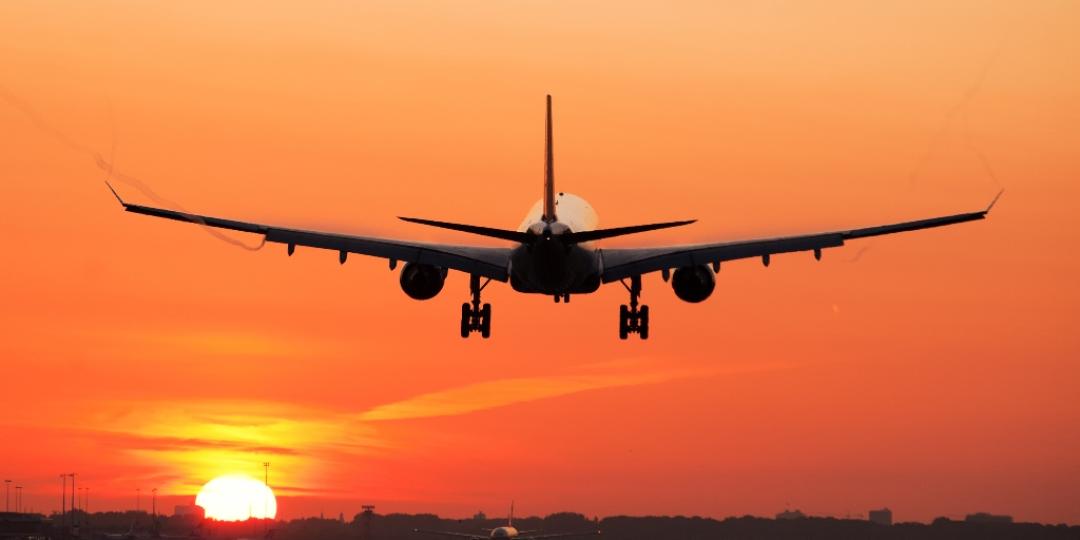To ensure tourism recovery, the challenge is to make flying viable. As such, South Africa needs to start planning now for the safe restart of aviation and the International Air Transport Association (Iata) is committed to working with the government to address this.
Dr Alex Stancu, Iata’s Regional Head of South and East Africa described to those attending today’s (April 8) South African Civil Aviation Authority (SACAA) conference a situation in which the fear of variants - which so far have proven more infectious (but not deadlier than the original virus) - along with a slow roll-out of vaccination, and concerns about the efficacy of vaccines against variants are combining to lead to even more border restrictions than previously, additional testing and airline crew issues.
According to him the appearance of new variants of the virus has seen governments further tightening travel restrictions and said that there was a need to address these in partnership with governments.
“Iata has resources that we can make available to you in this fight, (such as operational expertise, a global overview of government policies around the world, data/experience on testing, quarantines, vaccinations, contact tracing, established relationships with governments and international organisations (WHO, ICAO, etc),” said Stancu.
He said while vaccine news is positive, recovery will still take time. Issues with implementation of programmes continues – this will result in a delay in recovery of airlines’ RPKs (Revenue Passenger Kilometres), now expected to recover to 2019 levels only by 2024. Domestic air travel in South Africa is expected to recover in 2022, but short, medium and long haul only in 2024.
Stancu outlined the practical steps that states can take to reopen borders safely:
*Assess the overall impact of multi-layer mitigation, not individual measures.
*Compare risk to benefits of reopening, relative to in-country risk.
*Use most rapid test available. Test as close to departure as practical.
*Use data from trials to develop and refine protocols, not modelling studies.
*Adopt a standardised global approach to health credentials.
Stancu reiterated Iata’s stance that the well-publicised Iata Travel Pass is a four-module solution which goes a long way to helping states adopt a global approach to health credentials.
It provides:
· Registry of health requirements - enables passengers to find accurate information on travel, testing (and eventually vaccine) requirements for their journey. Powered by Timatic.
· Registry of testing and vaccination centres - enables passengers to find testing centres and labs at their departure location which meet the standards for testing/vaccination requirements of their destination.
· Lab app - Enables authorised labs and test centres to securely send test results or vaccination certificates to passengers.
· Contactless travel app - Enables passengers to (1) create a ‘digital passport’, (2) verify their test/vaccination meets the regulations and (3) share test or vaccination certificates with authorities to facilitate travel. It can also be used by travellers to manage travel documentation digitally and seamlessly throughout the travel experience.























